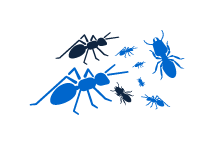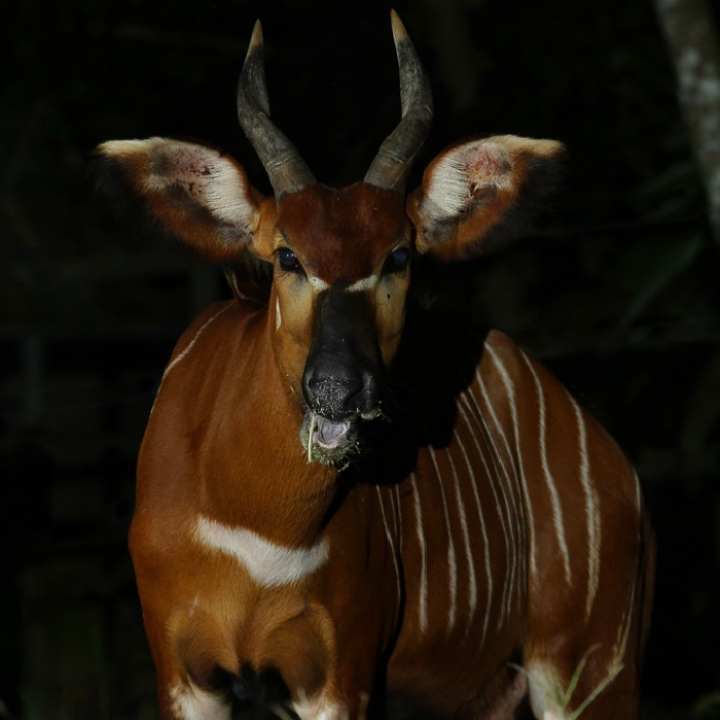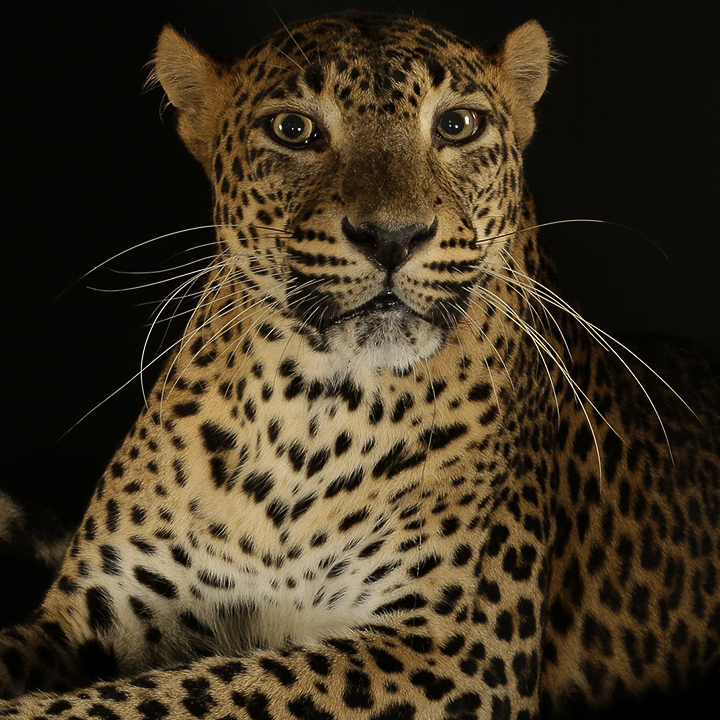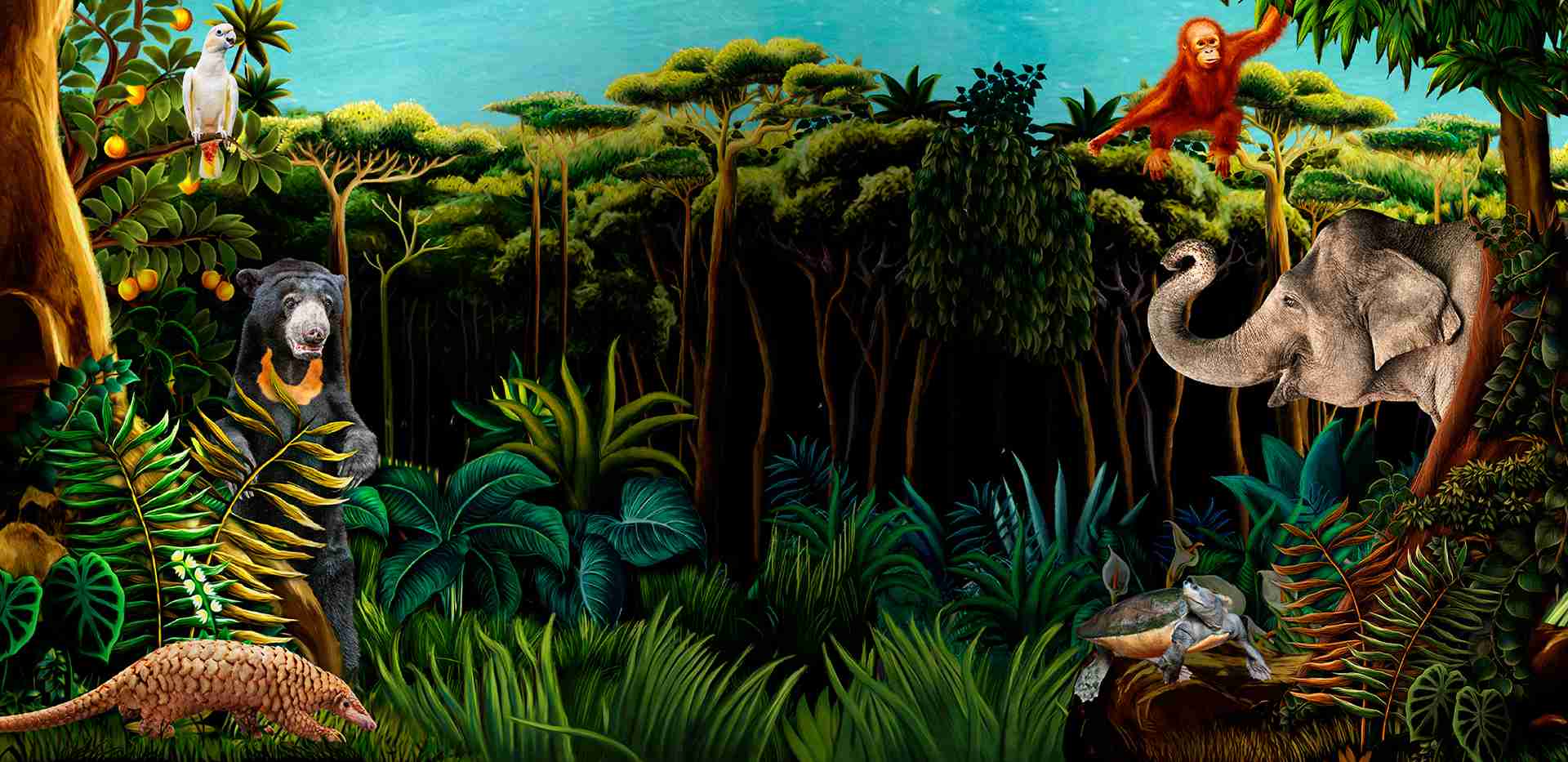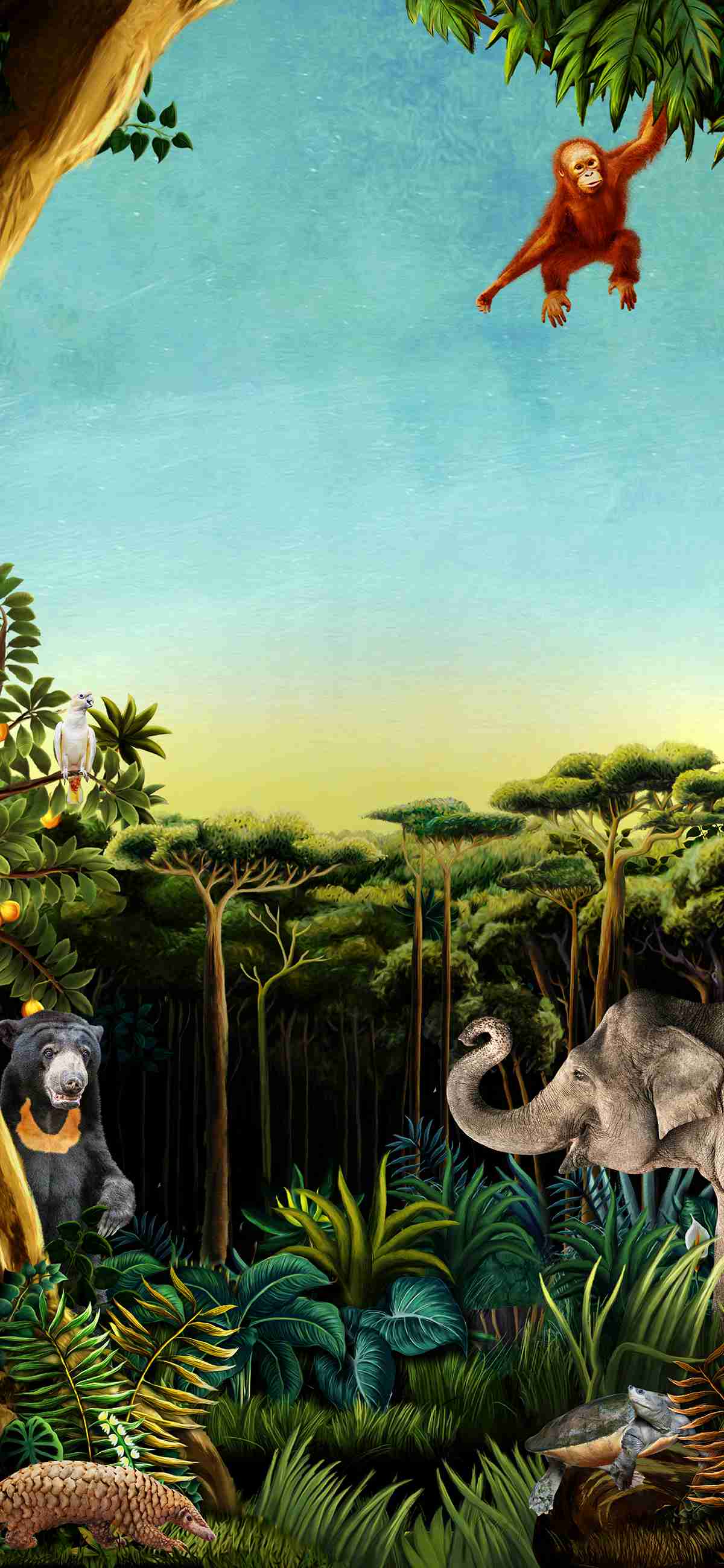Early explorers observed that sloth bears hung upside down in trees and they were once thought to be related to the three-toed sloth. Widely sought after for their acrobatic skills, sloth bears were captured and trained to perform circus acts.
Cubs are poached, often after the killing of the mother bear, for use as street-show ‘dancing bears’. The cubs are coerced into submission and trained through constant infliction of pain, which may involve standing on hot metal plates and beatings with a stick.
The practice of using bears as roadside performers has been banned in India since 1972 and has tapered off after 2009 but persists on a smaller scale in Nepal.

